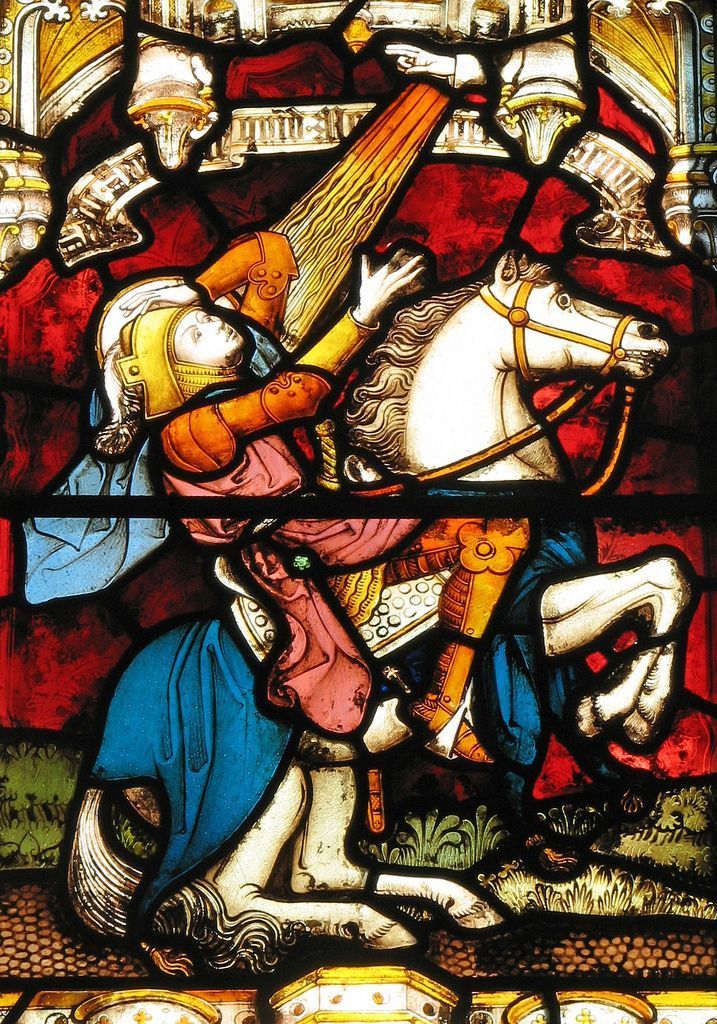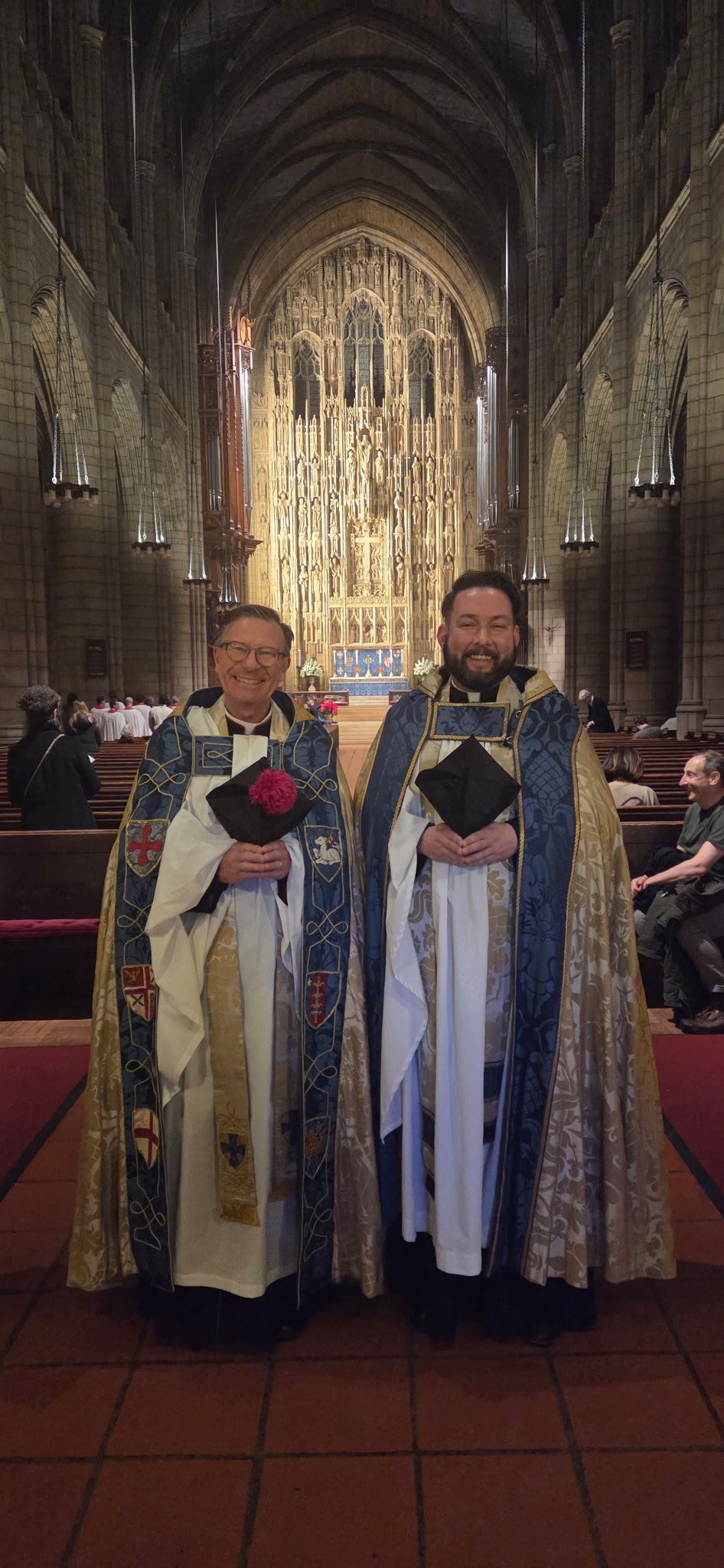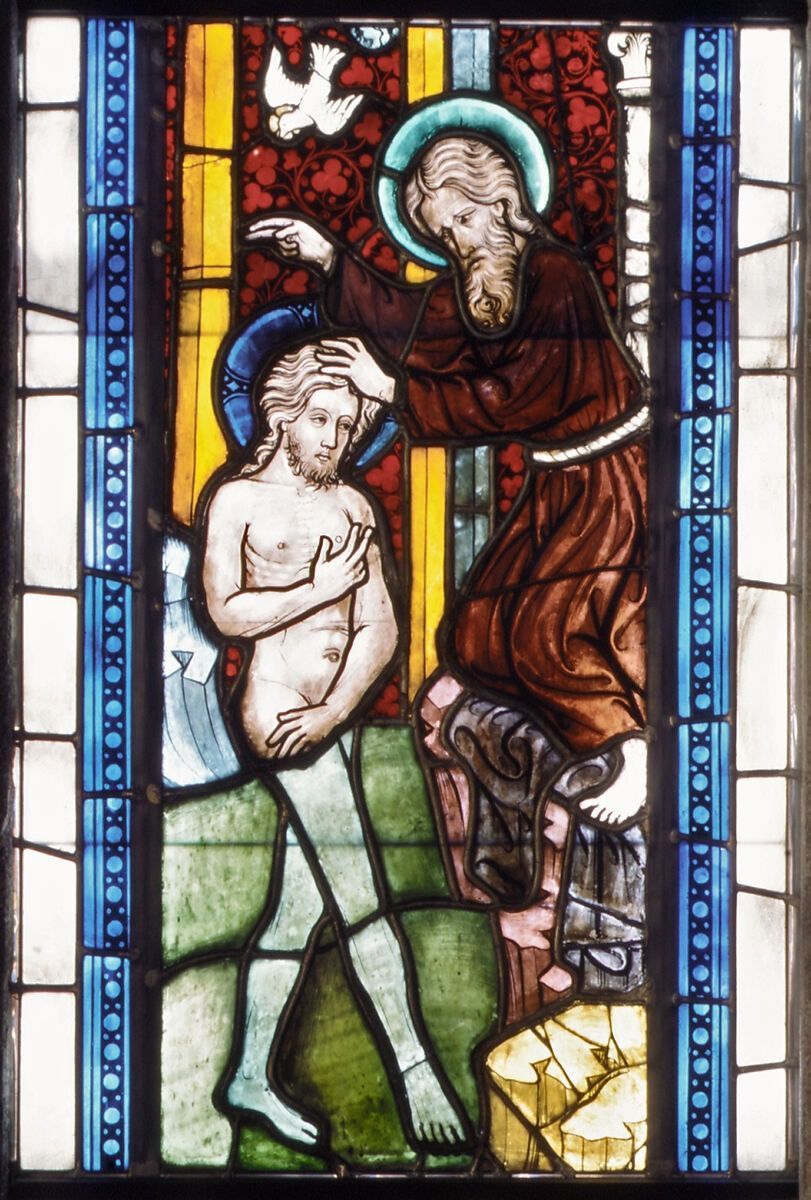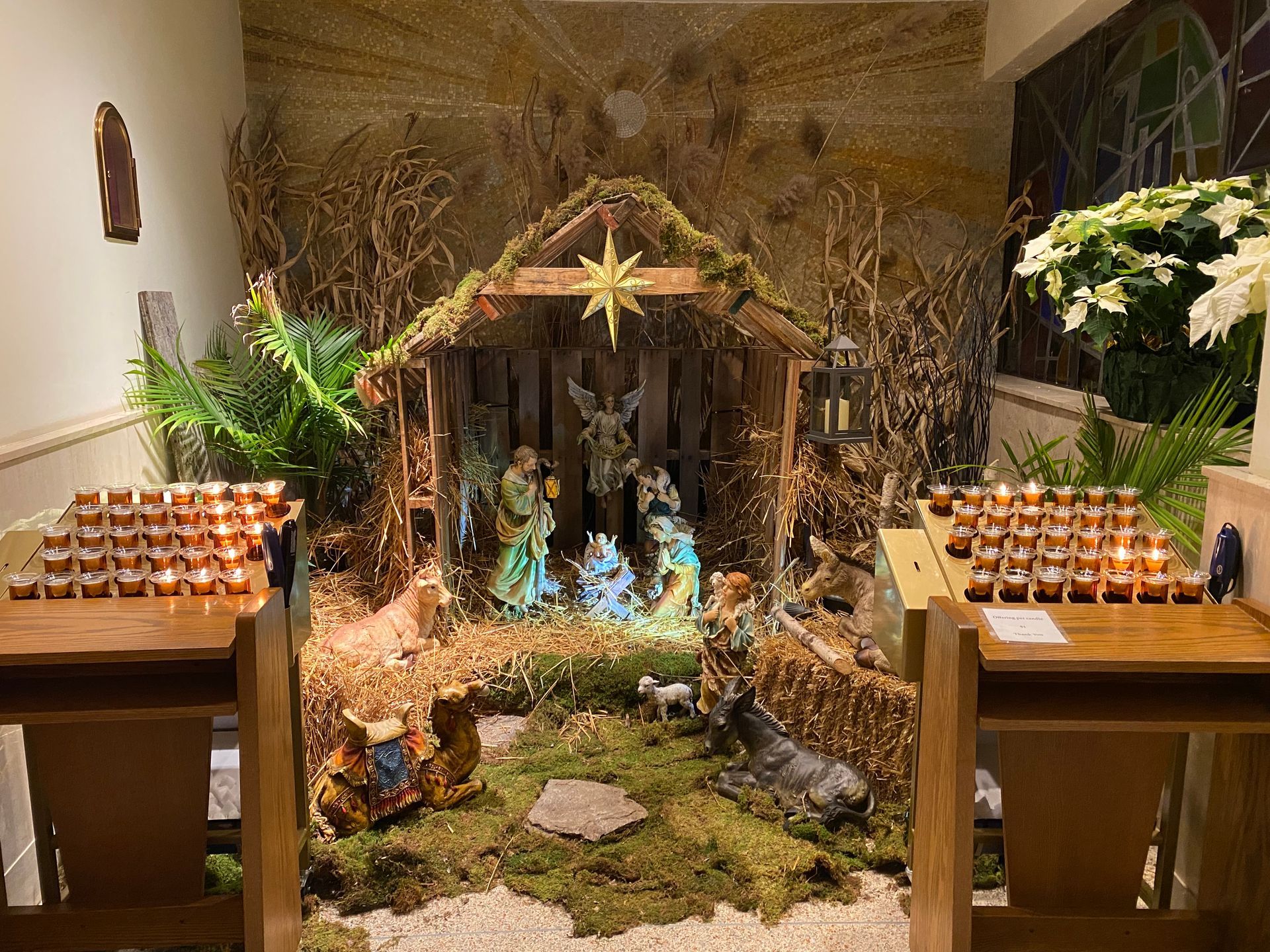Faith on Earth?
Rev. Michael J.V. Clark • October 30, 2025
Do you think he will find faith on the earth?
The end of today’s Gospel passage seems rather abrupt. Indeed, there’s a debate as to whether it forms part of the Parable itself, or whether it’s part of the surrounding narrative. I’m inclined to the latter, but the Parable about justice is, of course, related to the virtue of Faith. Justice may be delayed in this life - we experience this all the time - but God will see to it that all the loose ends are tied up at the end of the age - no-one (no-one) will ‘get away with it’ - what is hidden will be proclaimed from the rooftops. All of our secret sins will come to light - no-one will be able to conceal the Truth from the gaze of Christ. This Parable makes that abundantly clear, but the comment on Faith is intriguing.
The point is, essentially, while God may permit Justice being delayed, he will not tolerate Faith being delayed. The Act of Faith is for now - right now - even before God’s Justice covers the earth.
The rhetorical question is thus a challenge to us. When the Son of Man comes, at the end of time, he will be looking for something - he will be looking for your Faith. This means that there is a measure by which you and I will be measured - Faith is not simply a woolly esoteric aspiration, it has content - and propositions - that can, and must, be taken to heart, because the Lord will come looking for your Faith. Will he find it? He asks through the ages.
I mentioned a few weeks back that Faith is a word with two distinct, but related, meanings. I preached about the virtues, and noted the Faith is one of the theological virtues - a supernatural gift that forms a habit in us of belief both in God, and in what God has revealed to us. But there’s another meaning - Faith not only describes the virtue of belief, but also the content of such belief. In other words, “Faith” can also be a shorthand for all the Truth propositions that God has communicated to us.
The two meanings are, of course, related. The one who is endowed with the virtue of Faith believes in what he knows. This stands to reason - you cannot believe someone, or something, unknown to you. Therefore, when the Lord says: ‘will he find faith on the earth’ we need not be in any doubt about how we demonstrate to him that we have it when he asks us. We know, because he told us, it is insufficient simply to recognize him as Lord. Does he not say: “not all who say to me, ‘Lord, Lord’ will enter the kingdom of heaven.” Similarly, it is insufficient to do good deeds in his name. Does he not say: “did we not prophesy in your name, cast out demons in your name, and do many mighty works in your name. And I will declare to them: ‘I never knew you…’
Before this leaves you despondent, it’s a relatively simple fix - and you all have the distinct benefit of Baptismal grace, which will make the Act of Faith easy for you. If you want to know what it sounds like, I have two examples for you. The first may surprise you, because he’s not a Catholic. I’m sure many of you have seen the TV ads with Franklin Graham inviting you to pray. I’m always happy to see them - because even though we certainly would disagree theologically, Mr. Graham always makes an Act of Faith whenever he begins to speak - and he makes it clearly, and simply. That’s the learning point for us. If you cannot make a clear, and simple Act of Faith, then how can you say you are a person of Faith? If you cannot state the guiding principles of your life in an unambiguous way, then how can you say you really live by them?
Rather than putting our money where our mouth is, an Act of Faith is putting our mouth where our heart is. The second example of this clear and simple communication of the Faith is our last pope but two - Benedict XVI. He has been described as the best professor pope the Church has had in centuries - a pity the classroom was empty. Benedict had one extraordinary ability - to proclaim the complexities of the Faith in a simple, and straightforward way. It’s actually quite hard to do. Sometimes I look at Benedict’s sermons and think to myself - ‘that’s beautiful, let me try writing a thesis on goodness like that…’ I start writing - and what comes out is a bowl of spaghetti thinking!
At these moments I think of Psalm 131:
Lord, I am not high-minded; *
I have no proud looks.
I do not exercise myself in great matters *
which are too high for me.
But I refrain my soul, and keep it low, like as a child that is weaned from his mother: *
yea, my soul is even as a weaned child.
We’re about to make a different kind of Act of Faith together. It’s called the Nicene Creed, and we recite it publicly every Sunday. Its content is perfect - and, yes, infallible. Every thing in it is true, and nothing contained within it can be set aside, if I am to call myself a Christian. If I don’t believe it, I can be sure that I don’t have the Faith.
This content of revealed Truth is truly a treasure box - full of beautiful, and life-giving teaching. It has been honed through the centuries by clever men and women who have reflected on God’s Word and distilled with ever greater precision doctrinal propositions about God. That’s all well and good, but once we know the Faith, we also need to be able to proclaim the Faith. This requires engagement with the world. This, then, is perhaps the most important teaching of Vatican II - that the Church must discern a way to proclaim the Faith in every generation - the methodology may change, but the content stays the same.
To be able to pass on the Faith, you need to know the Faith. In Law the maxim is Nemo dat quod non habet - no-one gives what he does not have. So let today be the day you take an Act of Faith to heart, so that you will have a response to the Lord, when he asks you for it. For ask it - he will:
O my God, I firmly believe
that you are one God in three divine Persons,
Father, Son, and Holy Spirit.
I believe that your divine Son became man
and died for our sins and that he will come
to judge the living and the dead.
I believe these and all the truths
which the Holy Catholic Church teaches
because you have revealed them
who are eternal truth and wisdom,
who can neither deceive nor be deceived.
In this faith I intend to live and die.
Amen.
Recent Posts











